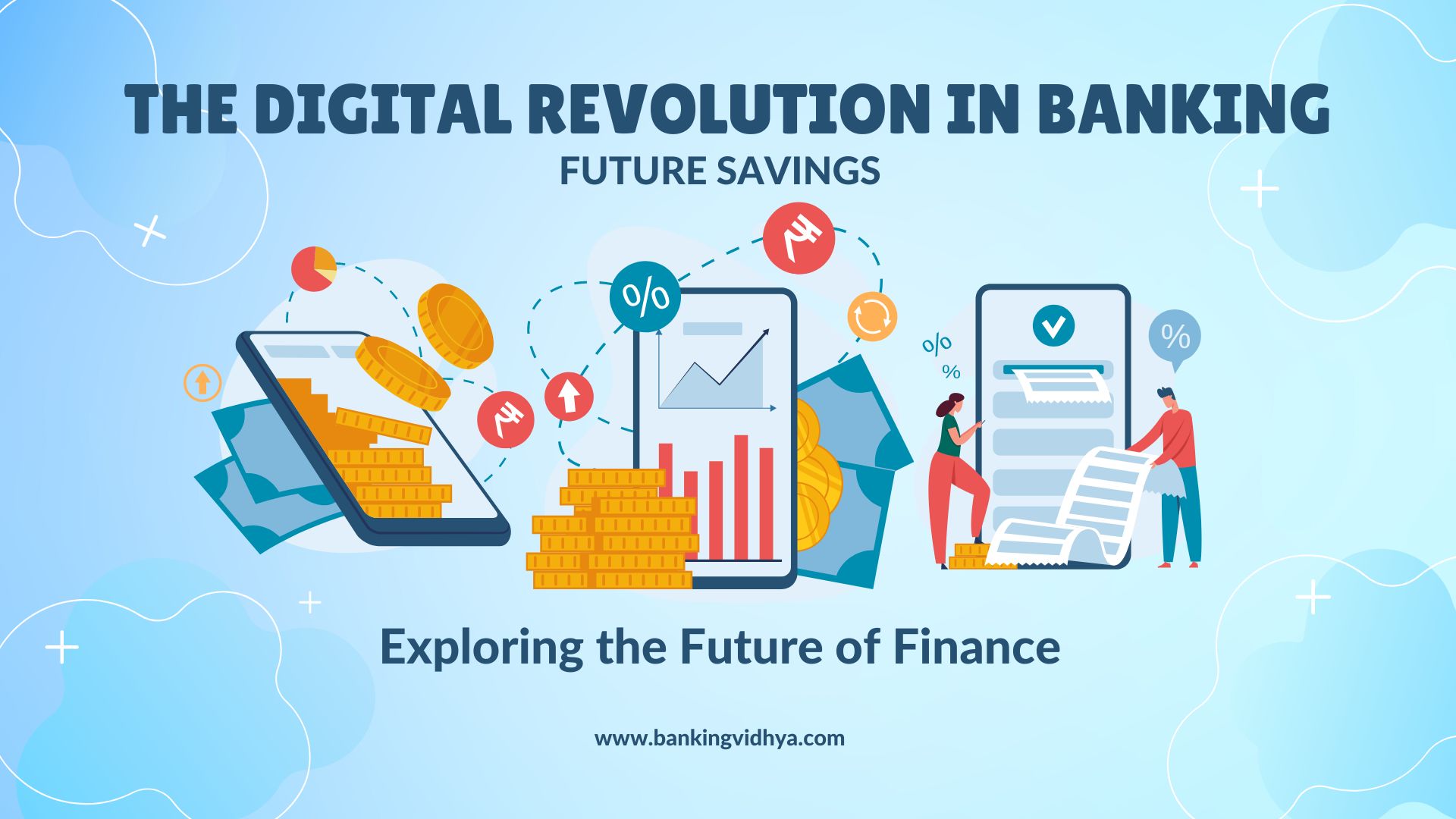

The banking landscape is undergoing a profound transformation driven by digital technology. This revolution is reshaping customer experiences, enhancing operational efficiency, and reshuffling traditional banking practices. Key trends such as artificial intelligence (AI), blockchain, mobile banking, cybersecurity, big data analytics, and augmented reality (AR) are redefining the future of banking. However, amidst these advancements lie challenges like regulatory compliance, legacy IT systems, cybersecurity threats, talent shortages, and the risk of losing personalized service.
Exploring Digital Innovations in Banking
In today’s digital era, managing finances is as simple as tapping on a smartphone screen. Digital banking innovations like mobile payments, AI-driven chatbots, and blockchain transactions are revolutionizing how we perceive and interact with money. These technologies offer convenience, accessibility, and security, transforming the banking experience for consumers worldwide. But what lies ahead? Could augmented reality (AR) and virtual reality (VR) redefine banking interactions? Will AI algorithms guide our financial decisions, making them smarter and more informed? The possibilities are endless, signaling a new era of digital finance.
Transforming Customer Experience and Operational Efficiency
The shift from traditional brick-and-mortar banking to digital platforms has significantly improved customer experiences and operational efficiency. With digital banking, customers can effortlessly access accounts, transfer funds, and settle bills from anywhere, anytime. This transition has streamlined processes, reduced costs, and empowered banks to deliver personalized services while fortifying security measures against fraud through biometric authentication and real-time monitoring. Enhanced data analytics enable banks to anticipate customer needs and tailor offerings accordingly, fostering deeper engagement and loyalty.
Navigating Digital Trends and Challenges
While the digital revolution offers immense potential, financial institutions grapple with navigating its complexities. Emerging trends like AI, blockchain, and big data analytics promise transformation, but regulatory compliance, legacy systems, cybersecurity threats, talent acquisition, and maintaining personalized customer service pose significant challenges. Adapting to these shifts requires agility, innovation, and robust risk management strategies. Collaboration between banks, regulators, and technology partners is essential to foster a conducive environment for digital innovation while safeguarding consumer interests and regulatory compliance.
Harnessing the Power of Artificial Intelligence in Banking
AI is revolutionizing banking by automating processes, enhancing customer service, and improving risk management. AI-powered chatbots offer personalized assistance, while machine learning algorithms refine risk assessment and fraud detection. However, ethical considerations surrounding bias, job displacement, privacy, and transparency necessitate careful integration and oversight of AI technologies. Banks must prioritize ethical AI practices, ensuring fairness, accountability, and transparency in algorithmic decision-making processes.
Balancing Digital Convenience with Personalized Service
As digital channels dominate, striking a balance between digital convenience and personalized service is paramount. Technologies like AR and VR offer avenues to bridge this gap, providing immersive experiences while preserving the human touch. By leveraging these tools, banks can enhance customer satisfaction, loyalty, and engagement in an increasingly digitalized landscape. However, achieving this balance requires a nuanced understanding of customer preferences, behavior, and expectations. Banks must invest in user-centric design, intuitive interfaces, and seamless omnichannel experiences to deliver value-added services while retaining the human element in banking interactions.
Understanding Cybersecurity Threats and Mitigating Risks
The proliferation of digital transactions underscores the importance of cybersecurity. Financial institutions must safeguard customer data from phishing scams, malware attacks, social engineering, insider threats, and third-party risks. Implementing robust security measures like multi-factor authentication, encryption, and real-time monitoring is crucial to thwarting cyber threats and ensuring data privacy. Moreover, banks must prioritize cybersecurity awareness and training initiatives to empower employees and customers to recognize and respond to evolving threats effectively. Collaborative partnerships with cybersecurity experts, threat intelligence providers, and regulatory authorities strengthen the resilience of banks’ cybersecurity defenses and foster a proactive approach to risk mitigation.
Embracing Emerging Technologies in Banking
The future of banking lies in embracing emerging technologies like 5G, IoT, blockchain, and quantum computing. 5G enables faster and more reliable mobile banking, while IoT facilitates personalized services based on customer data. Blockchain promises secure and transparent transactions, and quantum computing holds potential for solving complex banking problems. Embracing these technologies empowers banks to innovate, adapt, and thrive in the digital age. However, successful implementation requires strategic planning, investment in infrastructure, and collaboration with technology partners and industry stakeholders. Banks must adopt a proactive approach to technology adoption, continuously evaluating emerging trends and assessing their impact on business operations, customer experiences, and competitive positioning.
Conclusion: Embracing the Future of Banking
As we embark on this transformative journey, embracing digital innovation is imperative for banks and financial institutions. By staying abreast of digital trends, addressing challenges, and harnessing emerging technologies, banks can revolutionize customer experiences and redefine the banking landscape. Innovation, adaptability, and a customer-centric approach are key to unlocking the vast potential of digital banking and creating a brighter future for finance. Let us embrace this digital revolution to shape a new era of banking excellence and empower individuals and businesses alike. Together, we can build a more inclusive, resilient, and innovative financial ecosystem that serves the needs of a rapidly evolving digital economy.